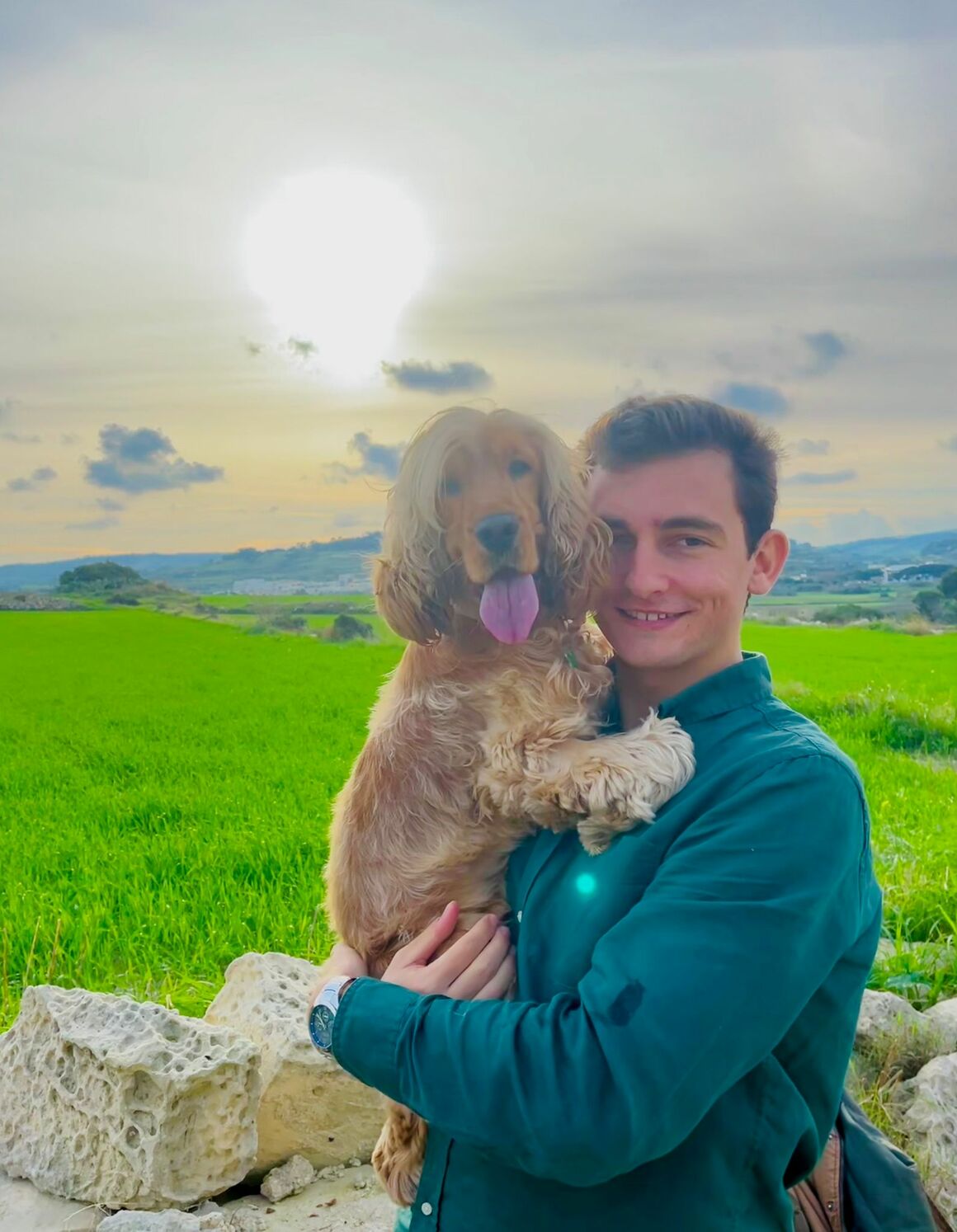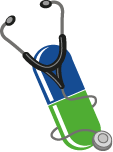Patient story: Gavin
Gavin, 26 years old, is a haemodialysis patient with chronic kidney disease. For him, the resistant infections became worse than the kidney disease itself.

Gavin, 26 years old, from Malta, has completed a Master of Science degree in digital health, with his dissertation focused on how e-learning tools and artificial intelligence could support the fight against antimicrobial resistance (AMR). Outside his academic and professional pursuits, Gavin dedicates his time to coaching youth girls’ football, embodying the spirit of a young man full of life and ambition. But beneath this bright picture lies an extraordinary battle.
Gavin is a haemodialysis patient with chronic kidney disease, who is preparing for the removal of his native kidneys and a living-donor kidney transplant in the upcoming months. Since birth, Gavin’s journey has been marked by a congenital urological and renal condition that has demanded multiple surgical interventions and reconstructions. Each intervention was a step forward but also a risk, as infections, particularly those resistant to antimicrobials, became a persistent, dangerous and silent enemy.
To avoid the onset of end-stage kidney failure, at just fifteen years old, Gavin had a major and life-changing surgical intervention – a Mitrofanoff stoma. The memory is still fresh—the infections that followed for years, the sepsis that gripped him, and the constant pain. “I was still just a kid - I loved to play football, to swim, to run. Overnight, all of this was gone. It took me a while to get used to using the stoma, and in hindsight I was not always extra careful with hand hygiene. Looking back, I blame myself for some of the infections. But I learned from them”, he recalls. The consequences were severe: infections that forced the removal of ureteric stents, more surgical interventions, and even a cystoplasty to reconstruct his bladder.
However, the infections – the silent enemy – never stopped. “The infections became worse than the kidney disease itself,” Gavin confesses. “Each infection, especially those resistant to first-line antibiotics, meant more damage to the kidneys, longer hospital stays, delayed treatments, and most importantly, terrible pain, only relieved by high doses of morphine. I didn't spend that much time in the hospital because of chronic kidney disease per se, as I did to tackle the resulting infections.”
A recent infection Gavin had to overcome was against meticillin-resistant Staphylococcus aureus (MRSA) on his arm fistula surgical wound site. “I couldn’t start using the fistula until the MRSA infection was treated. If the antibiotics had failed, that would have been very worrying, as I needed to remove the neck graft as soon as possible to avoid infection” he says. Through his experience, Gavin has gained a deep understanding of the critical importance of preserving the effectiveness of antibiotics. “My experience has shown me just how crucial it is to educate people about the proper use of antibiotics and to foresee the negative impact of misuse when antibiotics are not needed.”
For Gavin, the unconditional support of his family, especially his mother, a doctor, who has constantly stood by him, was crucial “The toll on family and friends is a tough pill to swallow,” Gavin admits. “When you are unwell, your world shrinks to your pain and your recovery. I would spend weeks getting back to normal after acquiring an infection. As soon as I would recover, I would get a new infection and fall back to rock bottom. This repeated again and again for years, that I lost count. But the people around you suffer too—they feel helpless, worried sick, and deeply affected. The countless nights my mother spent sleeping full nights on a chair at my bedside as a child were nights she sacrificed away from my four siblings."
As Gavin looks toward the future with hope, he believes that three crucial steps can make a great difference in combating AMR. “First, the simplest acts—like appropriate hand hygiene—can prevent infections that might otherwise require powerful, last-resort antibiotics. Second, people should never self-medicate with antibiotics. Sharing leftover antibiotics might seem kind, but it can contribute to increasing AMR in the community. And third, antimicrobial-resistant infections can strike anyone, whether you have a medical history or not. Antimicrobial resistance (AMR) is an invisible enemy that doesn’t just affect those with existing conditions; it undermines the foundation of modern medicine, threatening everyone’s future health. AMR is the enemy of potential—disrupting young lives, derailing careers, and putting dreams on hold. I therefore encourage everyone to pay a special attention to hand hygiene, never self-medicate with antibiotics and be aware that nobody is safe from AMR.”
Gavin’s story is more than just his own—it is a powerful reminder of the broader crisis of AMR. His repeated battles with infections, intensified by the frequent need for antibiotics to treat urinary tract infections, have heightened his risk of developing antimicrobial-resistant infections. As he prepares for the life-changing kidney transplant, Gavin’s journey is a poignant testimony of the critical importance of responsible antibiotic use in the fight against AMR.


